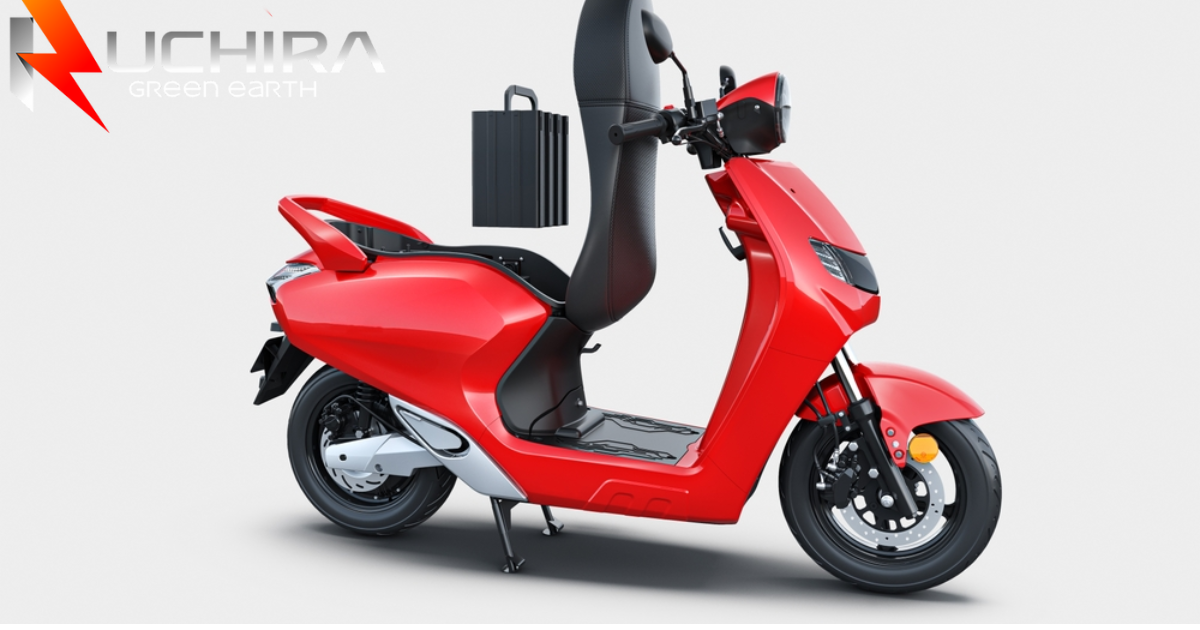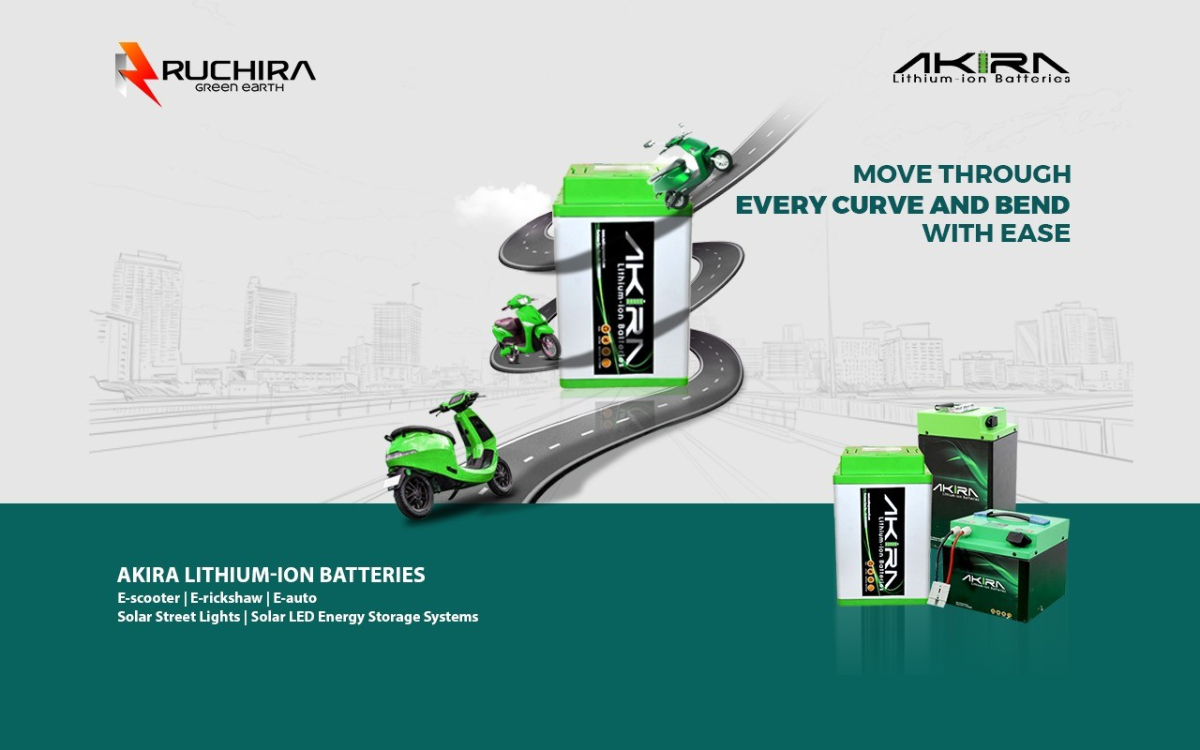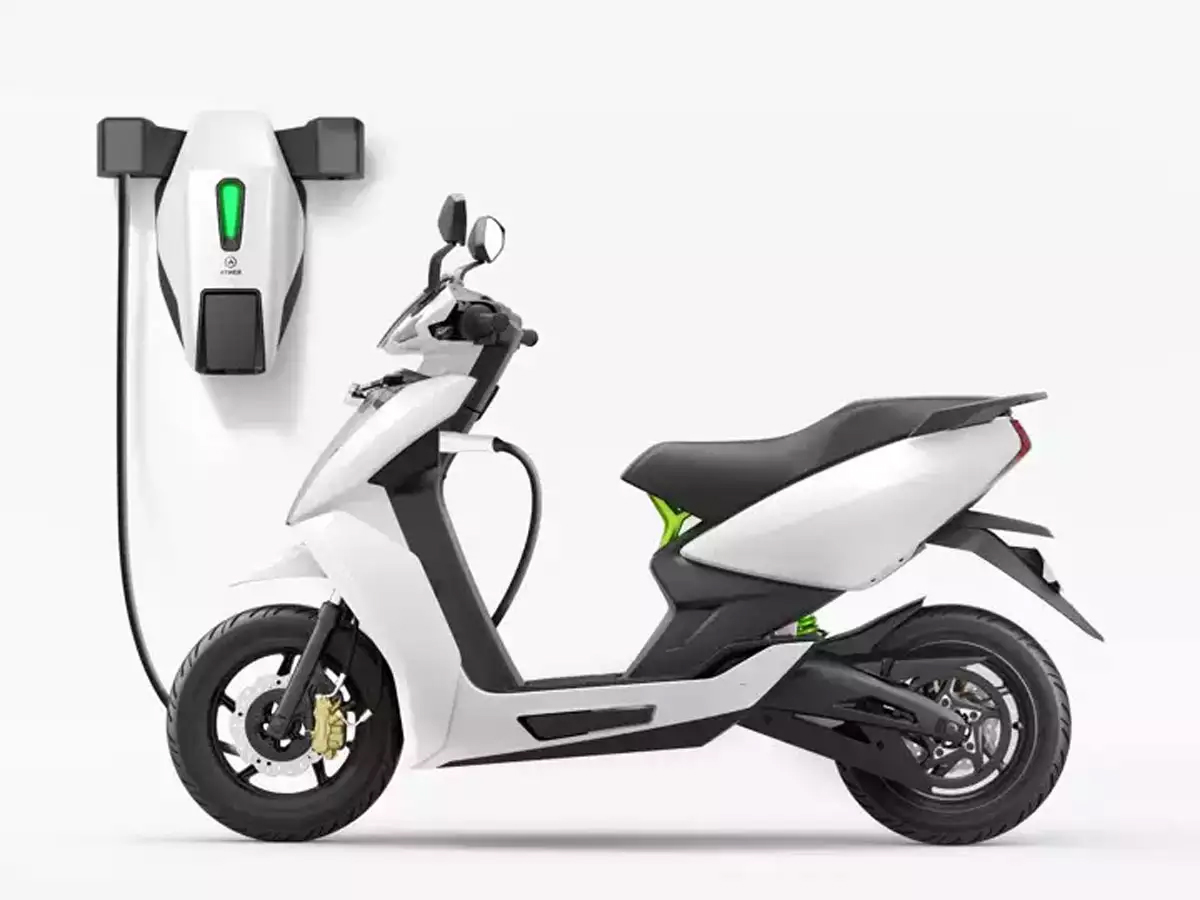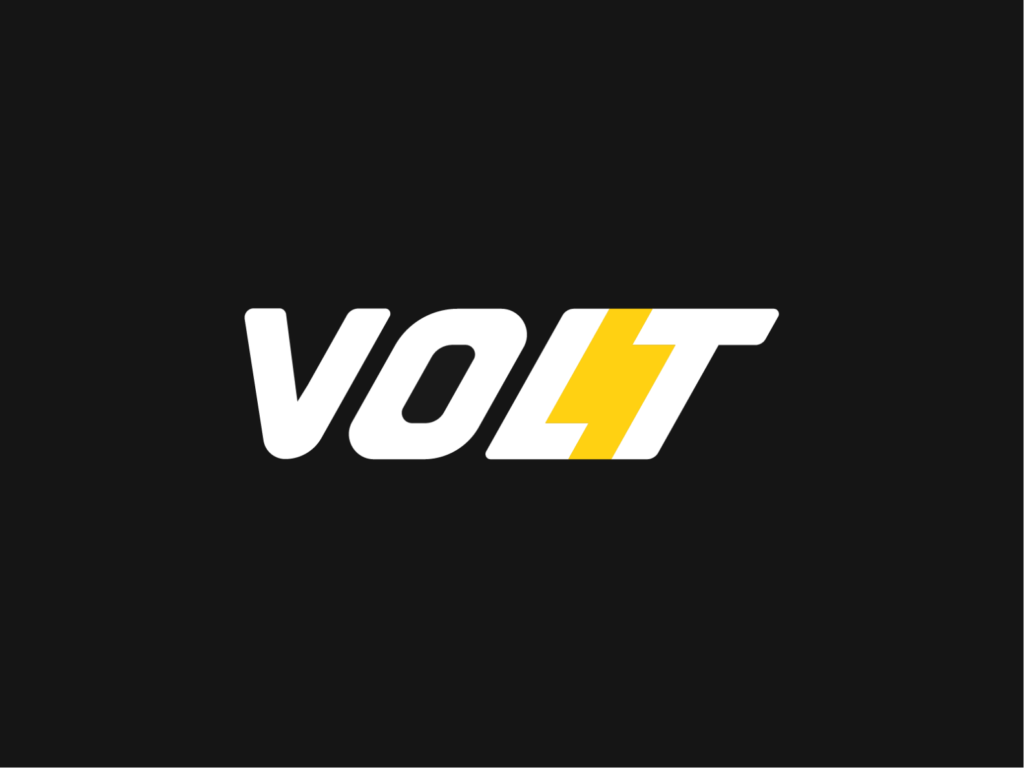In 2020, when India entered its first lockdown, something astonishing happened. The sky, once veiled in a heavy blanket of smog, cleared. The roads, which were normally filled with the noise of vehicles, fell silent. What emerged was a serene world—clear skies, clean air, and a brief glimpse of the environment’s true potential. For a short while, the planet could breathe. And that’s when the message became loud and clear: the way we drive must change if we want to protect the environment for future generations.
As the world slowly emerged from the lockdown, the question remained: How do we prevent this pollution from returning? The answer lies in changing the way we commute.
The Silent Killer: Vehicular Emissions
It’s no secret that vehicles are among the primary contributors to urban air pollution. As much as 27% of global pollution comes from transportation. But banning vehicles altogether is not a feasible solution. Instead, the way we drive needs to evolve. This is where electric vehicles (EVs) come into play.
Electric two-wheelers, in particular, are quickly gaining traction, and for good reason. Not only do they offer an eco-friendly alternative to traditional fuel-powered bikes, but they also promise a quieter, cleaner, and more sustainable way of commuting.
Akira: Powering the Future of Two-Wheeler Transportation
As a leading 2 wheeler battery manufacturer, Akira is dedicated to transforming the electric vehicle space in India. Our high-quality, durable lithium-ion batteries power a wide range of electric two-wheelers, from e-bikes to e-scooters, ensuring that your ride is not just smooth, but also environmentally friendly.
The shift to electric two-wheelers is not just a passing trend; it is part of a larger, more pressing movement towards sustainable transportation. With rising fuel prices and increasing pollution, more people are recognizing the need for alternatives. And at Akira, we are proud to be a key player in this transition.
Why Akira Batteries?
- Long-Lasting Power: Akira’s lithium-ion batteries offer exceptional performance, ensuring that your electric two-wheeler runs smoothly for longer distances on a single charge. Say goodbye to frequent stops and hello to more time on the road.
- Eco-Friendly Choice: By switching to Akira’s electric batteries, you’re choosing to be part of the solution. No emissions, no pollution—just clean energy powering your ride.
- Designed for Indian Roads: India’s roads come with unique challenges. Akira’s batteries are specifically designed to endure the rugged conditions of Indian roads, ensuring longevity and reliability even in the most demanding environments.
- Faster Charging: With Akira, you don’t have to worry about long wait times. Our fast-charging technology ensures that your battery is ready to go when you are—less waiting, more riding.
A Cleaner, Greener Future with Akira
As we continue to strive for cleaner air and reduced emissions, it’s important to recognize the significant role that electric vehicles, especially electric two-wheelers, play in reducing our carbon footprint. Akira, a trusted 2 wheeler battery manufacturer, is proud to be part of the movement, supplying high-performance batteries that make the shift to electric transportation easier, more accessible, and more sustainable.
We understand the importance of innovation and reliability. That’s why Akira is committed to providing cutting-edge battery technology that powers not just vehicles but a cleaner future for all. Whether you’re an eco-conscious rider or simply looking for a cost-effective, sustainable way to commute, Akira’s lithium-ion batteries are the solution.
The Future of Mobility is Electric
The future of transportation is undeniably electric, and Akira is leading the charge in India. By choosing Akira, you’re choosing more than just a battery; you’re choosing to be part of a larger movement towards sustainable urban mobility. Together, we can create a cleaner, greener future—one ride at a time.
Let’s make the world a better place, starting with the way we ride. With Akira’s lithium-ion batteries, the future is not only brighter, it’s also cleaner.







